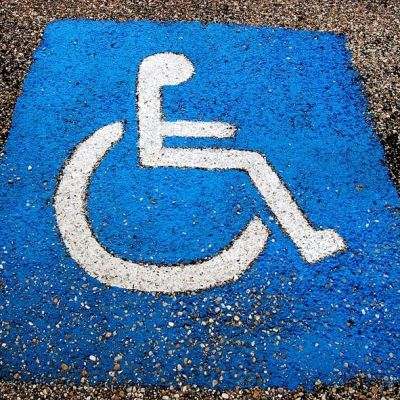Work History and Your Social Security Disability Claim: The circumstances that lead someone to apply for Social Security Disability Insurance…
Answering whether the Social Security Disability Insurance (SSDI) program works for Ohio residents with long-term disabilities requires specifying what you…
Economic Impact Payments: Non-Filer Need to Knows The United States Federal Government has officially started rolling out Economic Impact Payments…
Can An Administrative Law Judge Use Social Media as Evidence? Social media constantly evolves. Keeping up with social media developments…

Fighting the ALJ’s Decision Picture this: you have made your way through the long disability determination process. Finally, you have…

What Does Onset Date Mean? Simply put, an onset date is a date that you initially sustained an injury or…
News Release SOCIAL SECURITY Law Does Not Provide for a Social Security Cost-of-Living Adjustment for 2016 With consumer prices down…
Many claimants file for disability because they suffer from depression. Others, due to ongoing chronic pain or other symptoms, may…
Social Security follows a multi-step evaluation process. They will gather medical records from your doctors and obtain hospital records and…
Paul F. Woodrow Filing for Social Security Disability (SSD) benefits involves a sometimes lengthy administrative process. A claim is filed…
The Social Security Administration recently announced that monthly Social Security and Supplemental Security Income (SSI) benefits will increase 1.7 percent…

Disability payment you receive from workers’ compensation and/or another public disability payment may reduce you and your family’s Social Security…


